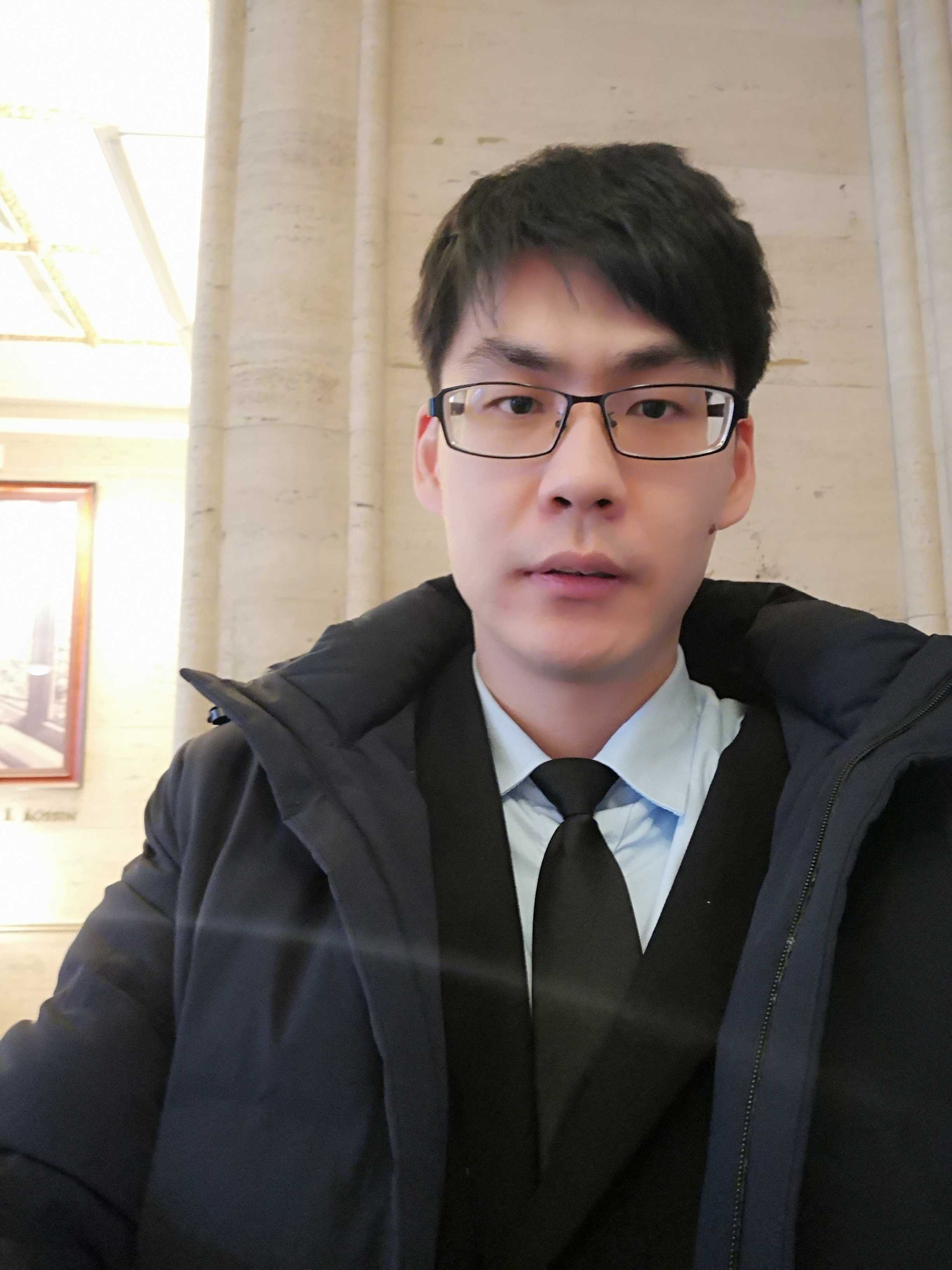Abstract
Understanding the root cause of behavior is imperative for informed decision-making and preventing ineffective or biased policies. Currently, most AI-based learning and control modules embedded in cyber-physical systems (CPS) rely on statistical correlation rather than causality for decision-making. This not only results in incorrect decisions but also hinders the interpretability of learning, limiting transferability and scalability. This CAREER proposal aims to bridge the gap between causal inference and the growing capabilities of reinforcement learning (RL) in CPS. The proposed methods are transformative to a wide range of CPS applications, enabling more efficient and effective decision-making processes in autonomous and swarm CPS such as self-driving cars, drones, industrial robots, and swarm robots.
This NSF CAREER proposal proposes a set of temporal causal RL and control approaches for CPS by leveraging the reasoning capabilities of temporal logics and causal diagrams in single-agent, multi-agent, and swarm system settings. The tools we develop will be implemented on multiple CPS testbeds and integrated with the proposed education plan. The proposed algorithms have the following unique and innovative features. Firstly, we will develop computationally efficient tools that can discover temporal causal knowledge from both observational and interventional data of a CPS in performing RL to improve the sampling efficiency and transferability. Secondly, we will develop multi-agent RL approaches for CPS in cooperative, non-cooperative, and incomplete information stochastic game environments where temporal causal knowledge is discovered in a distributed way for expediting RL. Lastly, we will develop scalable RL-based control methods for swarm systems utilizing temporal causal reasoning over agent-level features and swarm-level features such as densities and generalized moments. The education plan will impact the next generation of CPS and AI engineers and researchers through AI-assisted adaptive and interactive teaching, temporal-logic-based educational games, online interactive educational website design for temporal causal RL, and workshops and webinars with industrial partners.
Zhe Xu
I am an assistant professor in Aerospace and Mechanical Engineering in the School for Engineering of Matter, Transport and Energy at Arizona State University. My research focuses on developing neuro-symbolic learning and control tools for human–machine systems that take into account the limited availability of simulated and real data, the complex and adversary task environment, and the expressivity and interpretability of high-level knowledge (e.g., temporal logic) representations.
Performance Period: 03/01/2024 - 02/28/2029
Institution: Arizona State University
Sponsor: National Science Foundation
Award Number: 2339774
